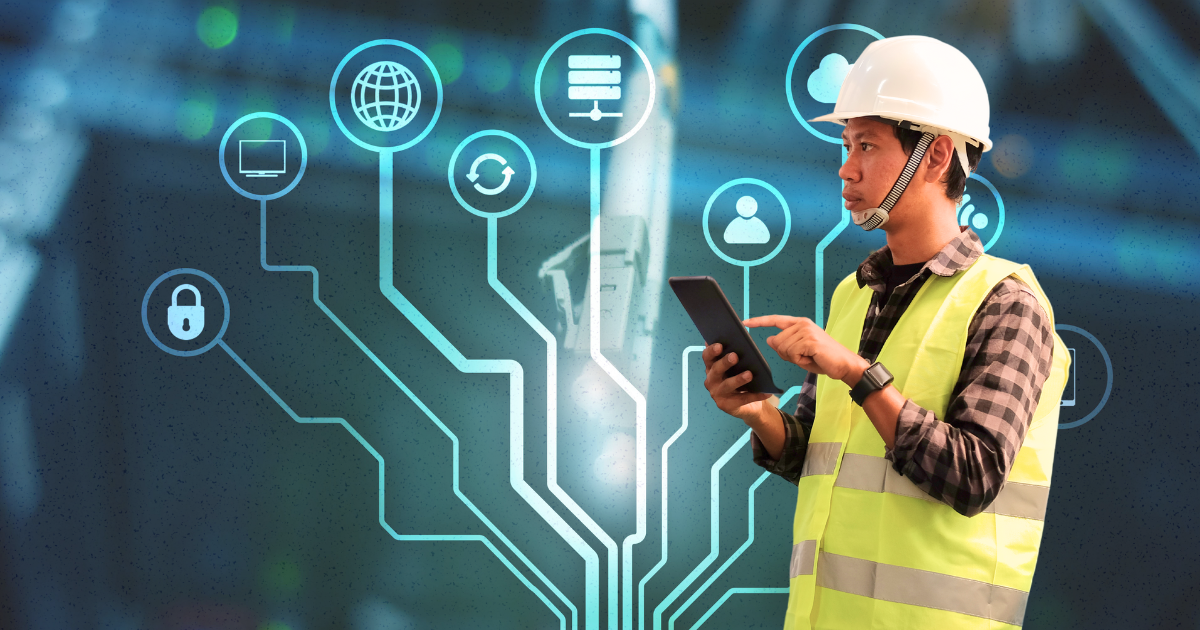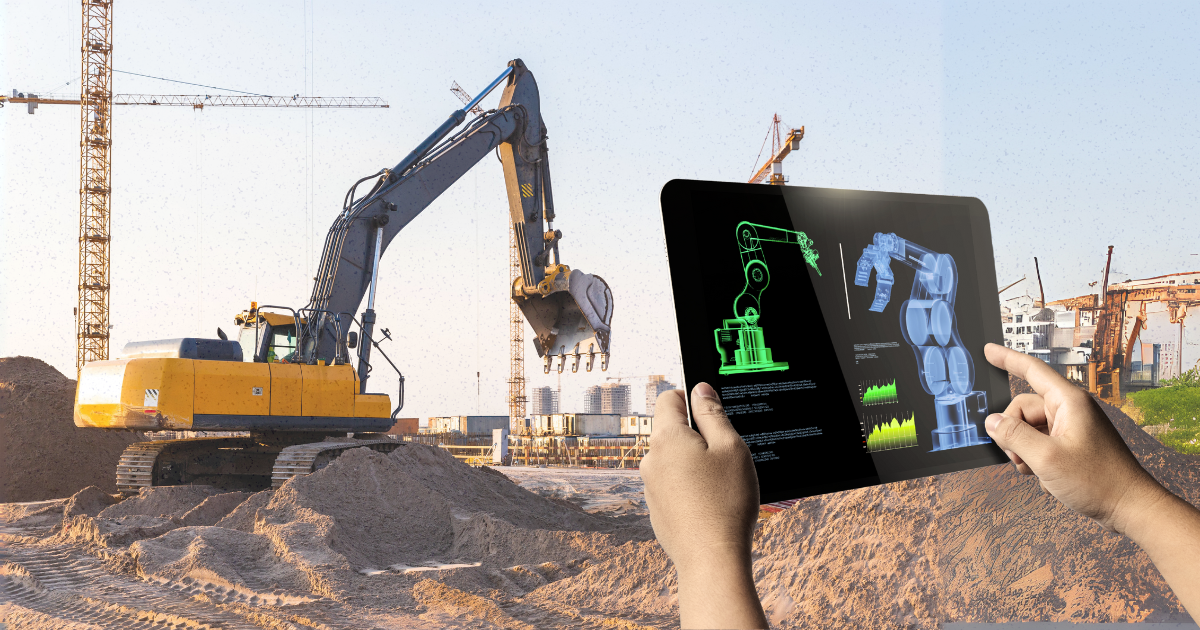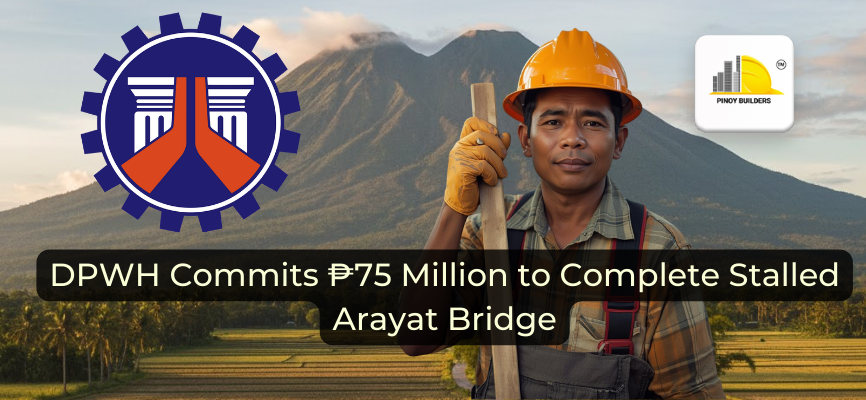The construction industry is changing, but not because everything is new. Many of the digital tools shaping worksites in 2025 have existed for years. What’s different now is how quickly businesses are adopting them.
If you’re running a construction company this year, it’s not about chasing trends. It’s about using the right tech to improve efficiency, reduce risks, and deliver better projects. In this article, let’s take a look at some of the modern digital tools that are gaining traction in the construction industry this year.
Modern Digital Construction Tools You Should Adopt For Your Business
1. Internet of Things (IoT): The Rise of Smarter Project Sites

Connected technology has made its way into construction zones through the Internet of Things (IoT). Smart sensors are now being used to track equipment, monitor material usage, and detect environmental changes in real time. These devices also flag safety risks and maintenance issues before they become critical.
With sensors collecting data automatically, project managers no longer rely solely on manual reports. The result improves oversight, reduces delays, and gives teams better tools for informed decisions.
2. AI automation: From Manual to Intelligent: AI & Automation

Construction teams are turning to AI and automation for tasks that used to take hours or days. Through predictive models, AI helps with project planning, scheduling, and risk detection. These tools use past data to forecast supply delays or labor shortages, letting teams adjust before problems escalate.
Automation is also changing how things get built. Robotic systems are being used for repetitive tasks like bricklaying or rebar tying. This doesn’t replace skilled labor. Rather, it helps teams do more with less while maintaining safety and consistency.
3. Cloud Storage: Smarter Data Management for Collaboration

As teams grow and spread across multiple sites, cloud storage has become a must. Centralized platforms now store blueprints, permits, and contracts where everyone can access the latest version, wherever they are.
Real-time syncing prevents version mismatches and reduces time spent tracking down documents. This streamlining not only improves collaboration but also helps projects stay on schedule and within budget.
4. Data Security: Building Trust Through Tech

The use of technology increases the importance of protecting sensitive data. That’s why data security is now a major focus. Construction firms are handling digital blueprints, contract details, and personal client data—all of which need to be secured.
Encryption, access control, and compliance with data privacy laws are no longer optional. As more partners and clients expect secure systems, they have become essential for building trust.
Sustainable Tools for a Sustainable Future
Digital tools are also making construction more eco-conscious. Software can now simulate a building’s environmental impact before ground is even broken. From choosing low-impact materials to optimizing energy efficiency, sustainability planning starts in the design phase.
More people are using tools that support green building certifications, not just to comply with regulations but also to attract environmentally conscious clients.
Why 2025 Is the Year to Commit
None of the tools mentioned here is entirely new. What’s new is how essential they’ve become in today’s construction industry. Businesses that embrace digital construction tech now won’t just catch up; they can lead the change.










